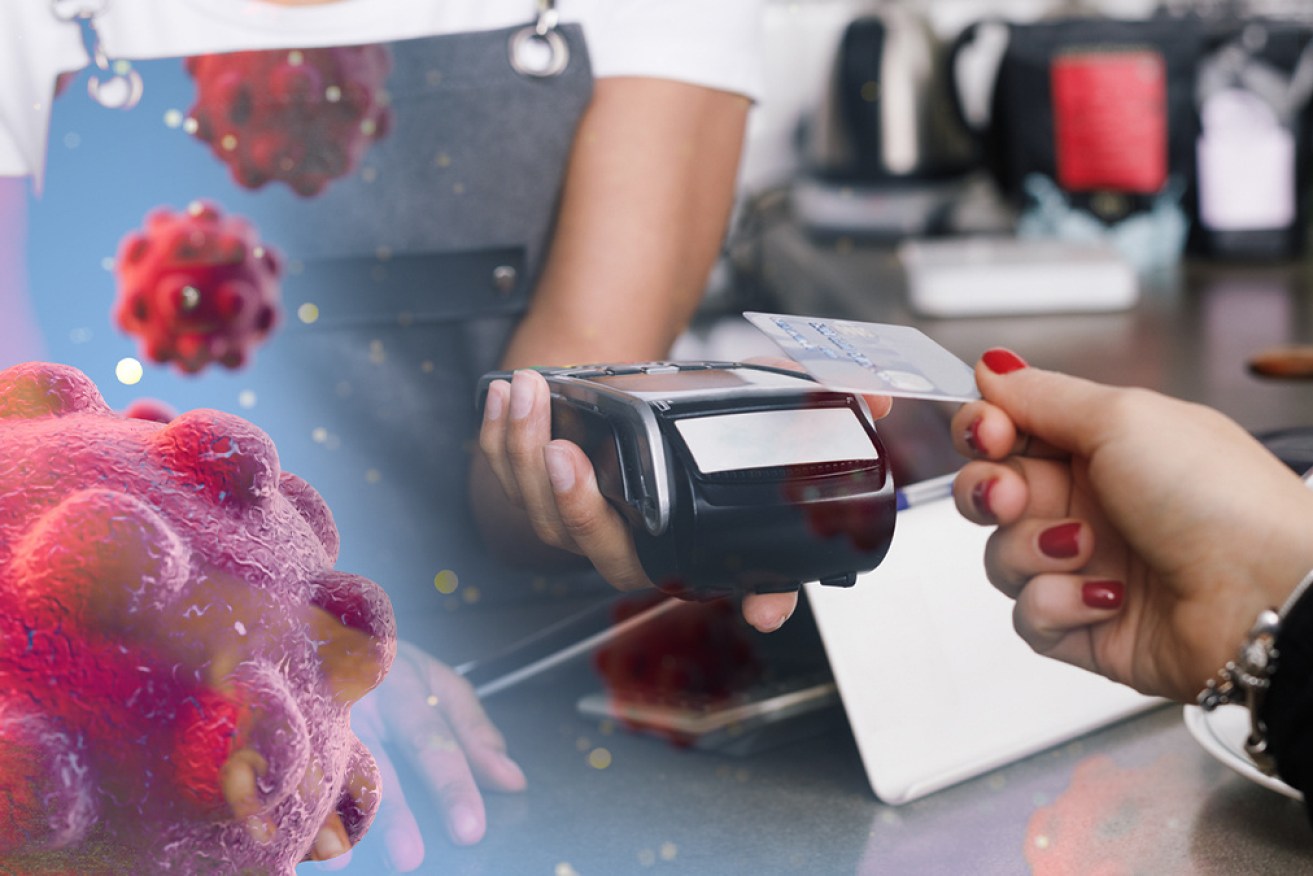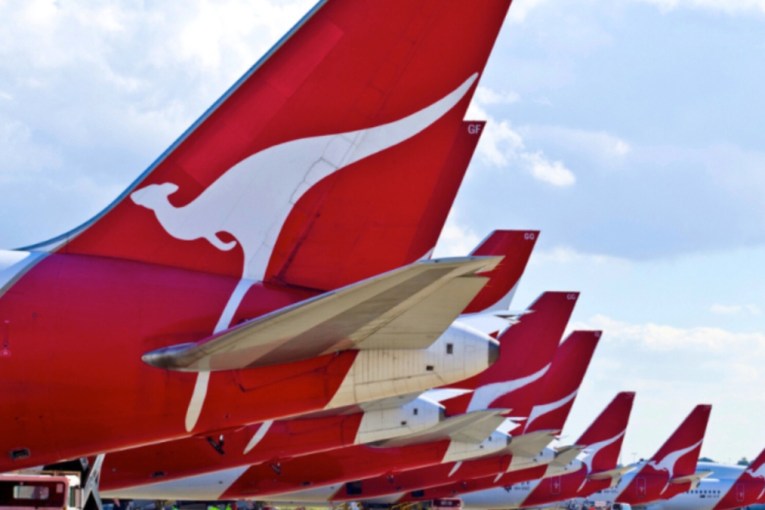Businesses urged to limit cash payments in fight against virus


As the coronavirus continues to spread, public health experts say there are benefits to tap and go. Photo: TND/Getty
Public health officials are urging businesses to limit cash payments in a bid to contain the spread of the coronavirus, but economists have warned against a permanent switch.
NSW grocery chain Harris Farm Markets has already reduced the number of registers accepting cash across its network of 26 stores to “lower the risk of transmission between shoppers and cashiers”.
And a number of shops and cafes have also heeded the call.
The CERES Community Environment Park in Melbourne’s inner north told visitors on Monday that cashless payments formed part of a suite of measures designed to improve public safety – although it said people could pay by cash if they had no other means of payment.
And Sally Kennedy, manager of The Merri Cafe located within the centre, told The New Daily customers had supported the switch.
“Most people are fine with it. A few of them have pulled out cash and I said, ‘Are you able to pay by card instead?’ to just try and keep contact to a minimum and they’ve either said, ‘Oh, yes’ or ‘No, I’ve only got cash’,” Ms Kennedy said.
“It’s a really sensible move because money is dirty. It’s a way of stopping people from touching it.”
The New Daily has also confirmed a Chemist Warehouse franchise in Melbourne’s south-east will no longer accept cash, while signage at Axil Coffee Roasters stores across Melbourne advise customers to opt for contactless payments wherever possible.

Posters displayed in The Merri Cafe in Melbourne advising customers to use cashless payments when possible. Photo: Matt Johnson/TND
The health benefits of going cashless amid COVID-19
Although research has yet to establish whether the novel coronavirus can transmit via polymer bank notes, cashless payments could still be the right way to go.
Dr Andrew Stewardson, a senior research fellow and infectious diseases physician at Monash University and Alfred Health, said it is plausible that unknowingly infected patients could pass on the virus through cash.
“For example, if someone with COVID-19 coughed into their hand and didn’t perform hand hygiene before taking a banknote from their wallet and passing it to a second person who then touched their mouth or rubbed their eyes,” Dr Stewardson said.
“It would be reasonable to move from cash to card where feasible without disruption. For situations where cash is unavoidable, routine hygiene measures will substantially reduce any potential risk.”
Some experts suggest the virus could remain fully active on surfaces, including cash, for up to 10 days.
A Department of Health spokesperson said there’s another risk found in hand-to-hand transactions, which can be combatted with alcohol-based sanitisers or a thorough hand wash.
Contactless payments address the theoretical risk of transmission through a person who is unknowingly infectious transferring the virus to their hands as they hand the money over,” the spokesperson said.
“They should also avoid touching their eyes, mouth, or nose when handling cash during the course of their duties.”
Will coronavirus prompt Australia to become strictly cashless?
Short answer? No, according to Equity Economics’ Angela Jackson.
Although society’s reliance on electronic payments is increasing, she said businesses must consider the impact on less digitally-savvy consumers before a permanent switch.
Many Australians do not have access to digital banking or are uncomfortable using such services, she said.
Others don’t have bank accounts.
“We need to allow all people the ability to buy the goods and services they need at their local businesses,” she said.
“I think businesses need to keep that in mind for the implications if they were to encourage people to use cashless banking rather than outright ban cash payments, it could preclude some people of those services.”








